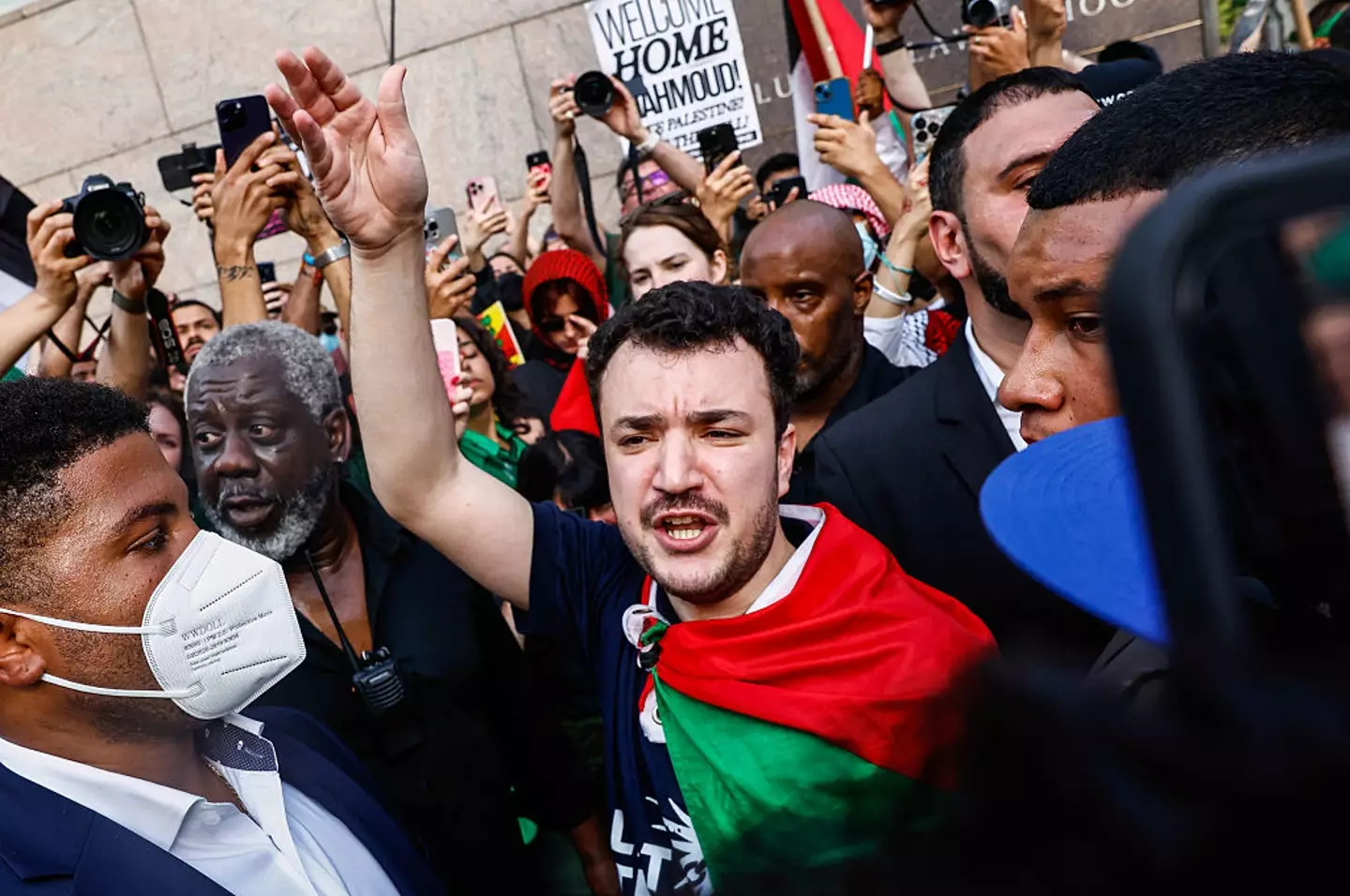
New guidance issued by the US state department now indicates that any foreign students looking to apply for a student or exchange visa will now have to unlock and surrender their social media accounts to government officials for investigation.
Surveillance and deportation have been two key focus points for the Trump administration since he returned for his second term earlier this year, and it has seen mass ICE-enforced arrests occur across the country.
Even public figures aren't free of risk as one major live streamer and the most followed TikTok account were both detained and questioned by ICE, with the latter now forced to leave the country.
Trump's forceful deportation efforts have even led one legal expert to question whether it would be possible for Elon Musk - a naturalized US citizen - to be deported by the president, using precedents set by cases involving Mahmoud Khalil and Kilmar Abrego Garcia.
Advert
Newly introduced regulation now appears to make it easier for the United States government to deny entry to individuals it doesn't approve of before they even earn their visa though, as reports from The Guardian indicate fresh guidance surrounding student visas.

From now on, US diplomats can now forcibly unlock the social media accounts of foreign students applying for educational or exchange visas, searching specifically for content and posts linked with views that the government doesn't approve of.
Failure to do so will leave it impossible to be granted the visa, and it will now be suspected that you are hiding suspicious activity from US officials.
Specifically, the guidance points towards searches for "any indications of hostility toward the citizens, culture, government institutions, or founding principles of the United States," and this casts an incredibly wide net that could theoretically include anything to do with the America as a whole.
Additionally, diplomats have also been instructed to look out for "advocacy for, aid or support for foregin terrorists and other threats to US national security," alongside "support for unlawful antisemitic harassment or violence."
This appears to be particularly in reference to pro-Palestine support voiced by many across the globe, and links heavily to the student protests at institutions like Columbia and Harvard over the past year - the former of which involved the aforementioned Mahmoud Khalil.

Speaking of the new guidance, a senior state department official indicated that "it is an expectation from American citizens that their government will make every effort to make our country safer, and that is exactly what the Trump administration is doing every single day." They also added that US Secretary of State Marco Rubio was "helping to make America and its universities safer while bringing the state Department into the 21st century."
Many across social media have expressed their strong opposition to this change, with one indicating the 'slippery slope' that this represents. "Where is the line drawn? What's next? Will they be requiring social media accounts of everyone ELSE on any kind of visa?"
Replies to this comment have pointed out that all US visa applications have required social media accounts since 2019, but the clear difference with this new guidance is that the accounts themselves are actively investigated in search of 'suspicious activity', as opposed to being used "more on an adhoc basis."
